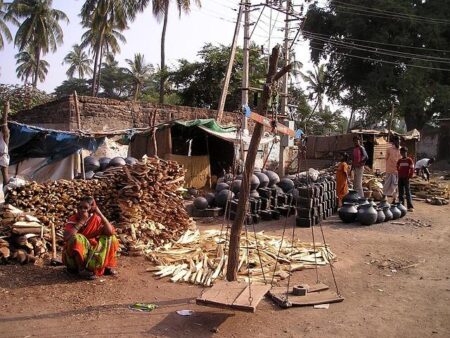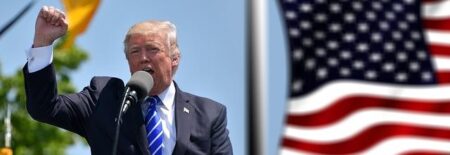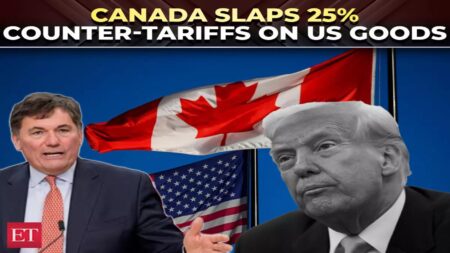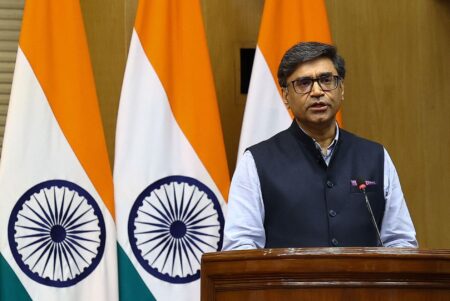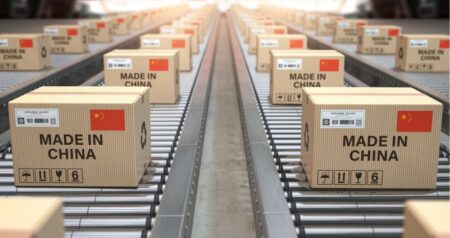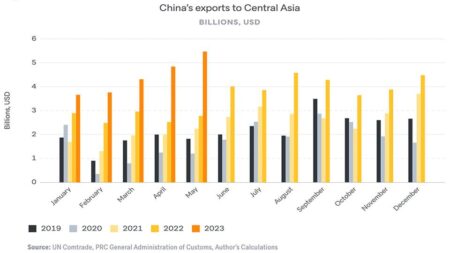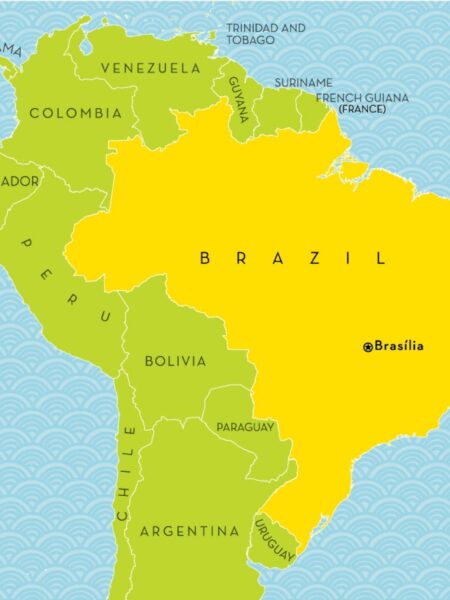The U.S. and India have just sealed an exciting new trade deal! President Trump announced significant tariff cuts aimed at turbocharging bilateral trade and strengthening the economic bond between the two nations
Browsing: import/export
India and the EU have sealed a landmark trade agreement, hailed as the “mother of all” deals, poised to turbocharge economic ties, cut tariffs dramatically, and strengthen cooperation across key sectors, officials announced on Monday
Trump’s protectionist trade policies, aimed at shielding U.S. industries, have unexpectedly paved the way for China to expand its global market share-while American businesses struggle with soaring costs and restricted access
France will stand firmly against the EU-Mercosur trade agreement, President Macron declared, emphasizing deep environmental and economic concerns. This bold position signals major challenges ahead for the deal’s approval within the European Union
Shares of export-driven Indian companies like Gokaldas Exports and Avanti Feeds plunged by up to 13%, shaken by alarming news of a proposed 500% US tariff on Indian goods. This development has ignited fears of escalating trade tensions and cast a shadow over the future of exports
China is gearing up to dramatically cut tariffs on essential materials starting in 2026, igniting excitement for boosted trade and deeper economic ties. This bold move is poised to transform global supply chains and unlock fresh opportunities for Mexican exporters
Iraq’s Ministry of Trade has revealed thrilling details about a $1.8 billion trade deal with Brazil, emphasizing its strategic importance and unveiling bold plans to deepen economic ties between the two countries, according to IraqiNews
Rice stocks plunged dramatically as Trump reignited tariff threats against India, accusing the nation of dumping rice. Kohinoor’s shares fell 10%, underscoring mounting market fears amid escalating trade tensions
Brazil’s beef exports to China skyrocketed by 38% in September, driven by US tariffs that have made American meat less competitive, Reuters reports. This dramatic surge highlights the shifting dynamics of global trade amid ongoing US-China tensions
India, Russia, and China boast vibrant trade connections, exchanging billions of dollars in goods annually. Their major imports include energy, machinery, and electronics, while their exports range from raw materials to advanced technology-showcasing the power and strategic depth of their economic alliances
Most of Canada’s counter-tariffs on U.S. goods have now been lifted, marking a significant step toward easing trade tensions between the two countries. This encouraging progress follows months of intense negotiations aimed at restoring a smoother and more collaborative bilateral trade relationship
China has eagerly embraced the chance to celebrate Brazilian coffee just as tariffs introduced by the Trump administration take effect. This savvy move highlights shifting trade dynamics amid ongoing U.S.-China tensions, providing a significant boost to Brazil’s coffee exporters
Amid escalating tariff battles, U.S. alcohol sales have plummeted by a dramatic 66%, with Canadian consumers turning away from American spirits in droves. This deepening trade conflict is striking a harsh blow to the U.S. liquor industry
India and the UK are on the brink of sealing a groundbreaking free trade agreement during Prime Minister Modi’s visit, set to dramatically cut tariffs on beloved products such as whisky and garments. This exciting deal is poised to turbocharge bilateral trade and deepen economic ties, Reuters reports
The U.S. is intensifying its push on Brazil to align trade and technology rules, aiming to dismantle obstacles that stand in the way of American businesses. This bold effort underscores the rising economic tensions between the two countries
Canada is facing mounting economic challenges as a trade dispute with the U.S. escalates, throwing exports and supply chains into turmoil. Key industries such as agriculture and manufacturing are feeling the heat, battling soaring tariffs and an increasingly uncertain market landscape
As global supply chains strain to keep up, companies are racing to export goods from China, propelled by soaring demand and intricate logistical hurdles. CNN explores the challenges and groundbreaking strategies powering this crucial flow of commerce
China’s exports to the US have plunged dramatically just before critical trade talks, spotlighting rising tensions and uncertainty in this crucial economic relationship. This steep drop exposes growing challenges within the world’s largest trade partnership
China’s factory activity stumbled in May, weighed down by rising US tariffs. This downturn underscores growing hurdles for the manufacturing sector amid ongoing trade tensions, Reuters reports
In a bold move to safeguard its domestic steel industry, Brazil has reintroduced tariffs and quotas on steel products. This strategic decision comes in response to the ever-changing global market landscape, aiming to empower local manufacturers. As trade tensions simmer and challenges persist within the sector, Brazil is taking decisive steps to ensure its steel industry remains resilient and competitive.

